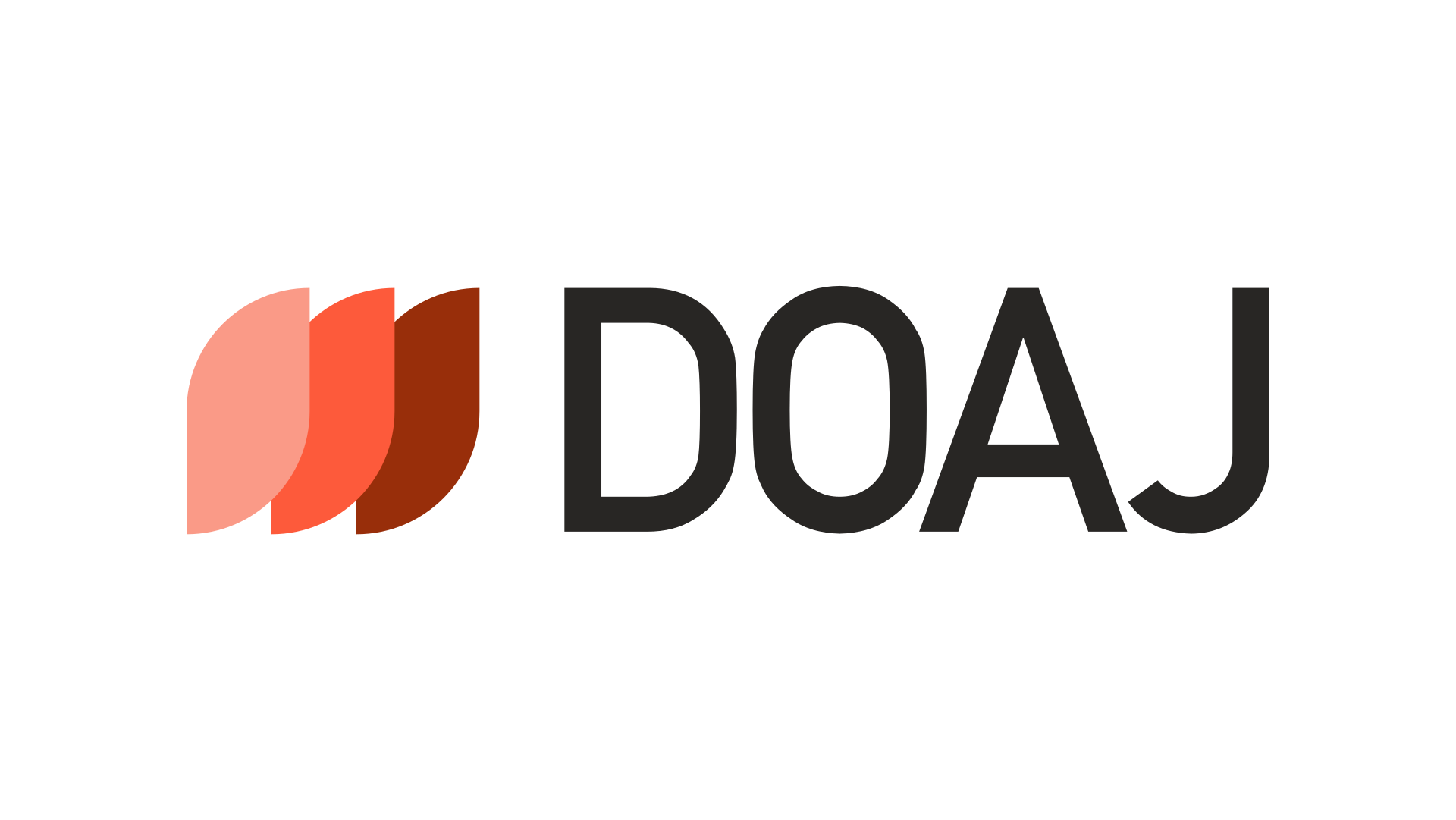Quality control planning to minimize waste at a manufacturing company
DOI:
https://doi.org/10.38043/revenue.v5i1.5251Keywords:
Manufacturing, quality control planning, fishbone diagramAbstract
In industrial fields that developed very rapidly, the manufacturing industry was no exception. It was characterized by increasing consumer needs and significant competition between companies. With tight connections between one industry and another, high-quality products or services became a requirement for competitive advantage and a company's need to guarantee business process requirements. In companies, quality control had long been established as an important management strategy to achieve competitive advantage. PT Slamet Langgeng was a manufacturing industry producing candy products. According to existing data, many defects occurred, causing waste in operational costs and affecting the output produced. This paper aimed to analyze the causes of Davos Roll defects and formulate quality control plans so that businesses could be more competitive and able to compete in the global industry. After further review, three types of defects were identified: soft candy, broken candy, and packaging defects. Broken candy had the highest defect rate, reaching 53.89%. These results indicated the need for more intense quality control planning. Problem analysis used a fishbone diagram to determine the root causes, which served as a reference in the process of preparing quality control plans.
References
Articles
Albari, A. K. (2019). The influence of product quality, service quality and price on customer satisfaction and loyalty. AJEFB - Asian Journal of Entrepreneurship and Family Business, 3(1), 49-64. Retrieved from https://www.researchgate.net/publication/339796640_The_Influence_of_Product_Quality_Service_Quality_and_Price_on_Customer_Satisfaction_and_Loyalty
Ali, M. A. B. (2022). The effect of firm's brand reputation on customer loyalty and customer word of mouth: The mediating role of customer satisfaction and customer trust. International Business Research 15(7), 30. http://dx.doi.org/10.5539/ibr.v15n7p30
Ciocoiu, C. N. & Ilie, G. (2010). Application of fishbone diagram to determine the risk of an event with multiple causes. Knowledge Management Research & Practice, 2(1), 1-20. https://www.researchgate.net/deref/http%3A%2F%2Fideas.repec.org%2Fcgi-bin%2Fhtsearch%3Fq%3DApplication%2BOf%2BFishbone%2BDiagram%2BTo%2BDetermine%2BThe%2BRisk%2BOf%2BAn%2BEvent%2BWith%2BMultiple%2BCauses?_tp=eyJjb250ZXh0Ijp7ImZpcnN0UGFnZSI6InB1YmxpY2F0aW9uIiwicGFnZSI6InB1YmxpY2F0aW9uIn19
Coccia, M. (2018). the Fishbone diagram to identify, systematize, and analyze the sources of general purpose technologies. Journal of Social and Administrative Sciences, 4(4), 291-303.
Elfanda, M. E. (2021). Implementation of six sigma in product quality control. Jurnal Ekonomi dan Bisnis Airlangga, 31(1), 51-63. doi:10.20473/jeba.V31I12021.51-63
Farida, I. & Setiawan, D. (2022). Business strategies and competitive advantage: the role of performance and innovation. Journal of Open Innovation: Technology, Market, and Complexity, 8(3):163. https://doi.org/10.3390/joitmc8030163
Fitria, L., Tauhida, D., & Sokhibi, A. (2023). Quality control with six sigma method to minimize polyester fabric product defects at PT Sukuntex. OPSI: Jurnal Optimasi Sistem Industri, 16(1), 110-120. https://doi.org/10.31315/opsi.v16i1.6786
Grace, E., Girsang, R. M., Simatupang, S., Candra, V., & Sidabutar, N. (2021). Product quality and customer satisfaction and their effect on consumer loyalty. International Journal of Social Science (IJSS), 1(2), 69-78. https://doi.org/10.53625/ijss.v1i2.138
Handoyo, S., Suharman, H., Ghani, E. K., & Soedarsono, S. (2023). A business strategy, operational efficiency, ownership structure, and manufacturing performance: The moderating role of market uncertainty and competition intensity and its implication on open innovation. Journal of Open Innovation: Technology, Market, and Complexity, 9(2), 100039. https://doi.org/10.1016/j.joitmc.2023.100039
Holifahtus Sakdiyah, S., Eltivia, N., & Afandi, A. (2022). Root cause analysis using fishbone diagram: Company management decision making. Journal of Applied Business, Taxation and Economics Research, 1(6), 566–576. https://doi.org/10.54408/jabter.v1i6.103
Huda, M., & Safitri, W. (2021). Analysis of production control, quality control, and total quality management against product failure. Kontigensi: Scientific Journal of Management, 9(2), 644–652. https://doi.org/10.56457/jimk.v9i2.225
Kraus, S., Jones, P., Kailer, N., Weinmann, A., Chaparro-Banegas, N., & Roig-Tierno, N. (2021). Digital transformation: An overview of the current state of the art of research. SAGE Open, 11(3), 1-15. https://doi.org/10.1177/21582440211047576
Lawson, B. & Samson, D. A. (2001). Developing innovation capability in organisations: A dynamic capabilities approach. International Journal of Innovation Management, 5(3), 377-400. http://dx.doi.org/10.1142/S1363919601000427
Nuresa, R., Khosi'in, E. M., & Febriyani, A. R. (2022). Penerapan prinsip six sigma dalam membangun manajemen mutu pendidikan islam. Evaluasi: Jurnal manajemen Pendidikan Islam, 06(02), 295-306. http://doi.org/10.32478/evaluasi. v6i2.1052
Pascucci, F., Svelli, E., & Gistri, G. (2023). How digital technologies reshape marketing: Evidence from a qualitative investigation. Italian Journal of Marketing, 27-58. https://doi.org/10.1007/s43039-023-00063-6
Rajapathirana, R. P. J. & Hui, Y. (2018). Relationship between innovation capability, innovation type, and firm performance. Journal of Innovation & Knowledge, 3(1), 44-55. https://doi.org/10.1016/j.jik.2017.06.002
Rane, N., Achari, A., & Choudhary, S. P. (2023). Enhancing customer loyalty through quality of service: Effective strategies to improve customer satisfaction, experience, relationship, and engagement. International Research Journal of Modernization in Engineering Technology and Science, 5(5), 427- 452. http://dx.doi.org/10.56726/IRJMETS38104
Saputra, I. K. D. W., & Purnawati, N. K. (2023). Analysis of quality control of chocolate production process at CAU Chocolates Bali. European Journal of Business and Management Research, 8(1), 162–167. https://doi.org/10.24018/ejbmr.2023.8.1.1800
Shiyamy, A. F., Rohmat, S., & Sopian, A. (2021). Analisis pengendalian kualitas produk dengan statistical process control. KOMITMEN: Jurnal Ilmiah Manajemen, 2(2), 32-45. https://doi.org/10.15575/jim.v2i2.14377
Sudirjo, F. (2023). Marketing strategy in improving product competitiveness in the global market. Journal of Contemporary Administration and Management (ADMAN), 1(2), 63-69. https://doi.org/10.61100/adman.v1i2.24
Suhendi, D. & Sabihis. (2021). Service quality and product quality key to improve customer loyalty. Journal of Business and Management Review, 2(9), 620-633. https://doi.org/10.47153/jbmr29.2092021
Tuti, Ilinawati, & Putri, N. K. (2023). The use of tree diagram technique to improve students' writing ability. JOEEL: Journal of English Education and Literature, 4(2), 90-97. https://doi.org/10.38114/joeel.v4i2.282
Trzeciak, M. & Jonek-Kowalska, I. (2021). Monitoring and control in program management as effectiveness drivers in polish energy sector: Diagnosis and directions of improvement. Energies, 14, 4661. https://doi.org/10.3390/en14154661
Untoro, O. B., & Iftadi, I. (2020). Six sigma as a method for controlling and improving the quality of bed series products. Jurnal Ilmiah Teknik Industri, 19(2), 131–141. https://doi.org/10.23917/jiti.v19i2.11623
Wichmann, J. R. K., Uppal, A., Sharma, A., & Dekimpe, M. G. (2022). A global perspective on the marketing mix across time and space. International Journal of Research in Marketing, 39(2), 502-521. https://doi.org/10.1016/j.ijresmar.2021.09.001
Yang, S., Arndt, T., & Lanza, G. (2016). A flexible simulation support for production planning and control in small and medium enterprises. Procedia CIRP, 56, 389–394. https://doi.org/10.1016/j.procir.2016.10.062
Zacharias, M. V. V. (2022). The importance of quality control for the success of a company. Asian Journal of Logistics Management, 1(2), 99-106. Retrieved from https://ejournal2.undip.ac.id/index.php/ajlm/article/download/16787/8408
Books
Alan, W., Zeithaml, V. A., Bitner, M. J., and Gremler, D. D. (2016). Services Marketing: Integrating Customer Focus Across the Firm. Edition: 3rd European Edition. McGraw Hill.
Widjaja, W., Munim, A., Sutaguna, I. N. T., Aghivirwiati, G. A., Khasanah, E., Dhiana, P., Purbaningsih, Y., Setiadi, B., Sutangsa, & Rosalina, T. (2022). Manajemen Produksi dan Operasi. Retrieved from https://books.google.com/books?hl=en&lr=&id=6EwCEAAAQBAJ&oi=fnd&pg=PA2&dq=manajemen&ots=sFp8VnxwTZ&sig=_5cVXXnNZvbI9hGaaPnyfJnUn8o
Thesis
Khadka, K. & Maharjan, S. (2017). Customer satisfaction and customer loyalty [Master's Thesis, Centria University of Applied Sciences]. https://core.ac.uk/download/pdf/161421179.pdf
Downloads
Published
How to Cite
Issue
Section
License
Copyright (c) 2024 Najib Salim

This work is licensed under a Creative Commons Attribution-ShareAlike 4.0 International License.











